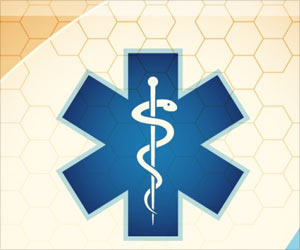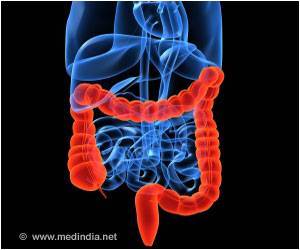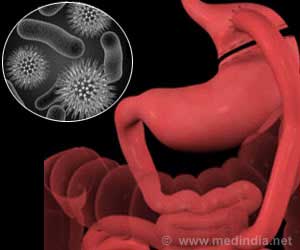- Clostridium difficile bacterium can be a common cause for most of the intestinal infections.
- A team of researchers from Scripps Research Institute (SRI) found salicylanilides to be effective against Clostridium difficile bacteria.
- Salicylanilides act by altering the electrical properties of the cell membrane to disrupt the survival of Clostridium difficile bacteria.
Research Study on Salicylanilides
Salicylanilides are chemical amide compounds of salicylic acid and anilines. Drugs like niclosamide, oxyclozanide, rafoxanide are some of the salicylanilides which are effective anthelminitics.Kim D. Janda, the Ely R. Callaway, Jr. Professor of Chemistry, Director of the Worm Institute for Research & Medicine (WIRM) , Member of The Skaggs Institute for Chemical Biology at TSRI and senior author of the study said that “These salicylanilide compounds have all the right features, and they’ve long been used in animals, so I think they can be quickly repurposed against C. difficile infections in people”
Closantel a veterinary drug for deworming cattle, sheep and goat was used as a control for the discovery of new compounds for C.difficle infections. After noting its effectiveness , Gooyit and Janda tested niclosamide, oxyclozanide and rafoxanide for treating C.difficle infections.
Oxyclozanide and rafoxanide are approved veterinary drugs for deworming animals. Niclosamide is used for the treatment of tapeworm infections in humans.
The findings of the study reported that closantel and rafoxanide were effective in killing the stationary phase cells of C. difficile infections. These cells are important toxins which damage gut wall and stimulates inflammation in C.difficile infections. Stationary phase cells are hard seed-like spores which tend to stay on the surface for long time and is responsible for high transmission rates of infections in the hospitals.
Favorable Properties of Salicylanilides
- Stays in the Gut for Longer Time: Pills or the oral form of salicylanilides are not well absorbed in the bloodstream which makes it stay in the gut for a longer time thereby increasing the potency and minimizing the side effects.
- Low Drug Resistance: There is no significant resistance for salicylanilides by C.difficile bacteria.
- Impact on Good Gut Bacteria: Good gut bacteria are mostly microorganisms present in the digestive tract and plays a major role in preventing bowel disorders, ulcers and other inflammatory conditions. Salicylanilides have minimal impact on good gut bacteria.
Mechanism Behind Salicylanilide Effectiveness
Previous studies suggest that salicylanilides are found to act by altering the electrical properties of the cell membrane which disrupts the existence of C.difficile bacterium.New salicylanilide compounds were designed by improving membrane targeting effects for killing C.difficile infections.
Clostridium difficile Infections
Clostridium difficile infections are bacterial infections which lead to diarrhea and colitis infections (inflammation of colon). According to an analysis in 2011 from the Center for Disease Control and Prevention(CDC), it was estimated that 450,000 cases and 30,000 deaths were due to C.difficile infections in United States.These infections mostly occur after treatment with antibiotics (mainly broad spectrum antibiotics which act against several types of bacteria), people with weak immune system, staying in a hospital for long time or any other conditions like inflammatory disease.
Symptoms of Clostridium difficile infections may include:
- Watery diarrhea
- Painful abdominal cramps
- Sickness
- Dehydration
- Fever
- Loss of appetite
- Weight loss









